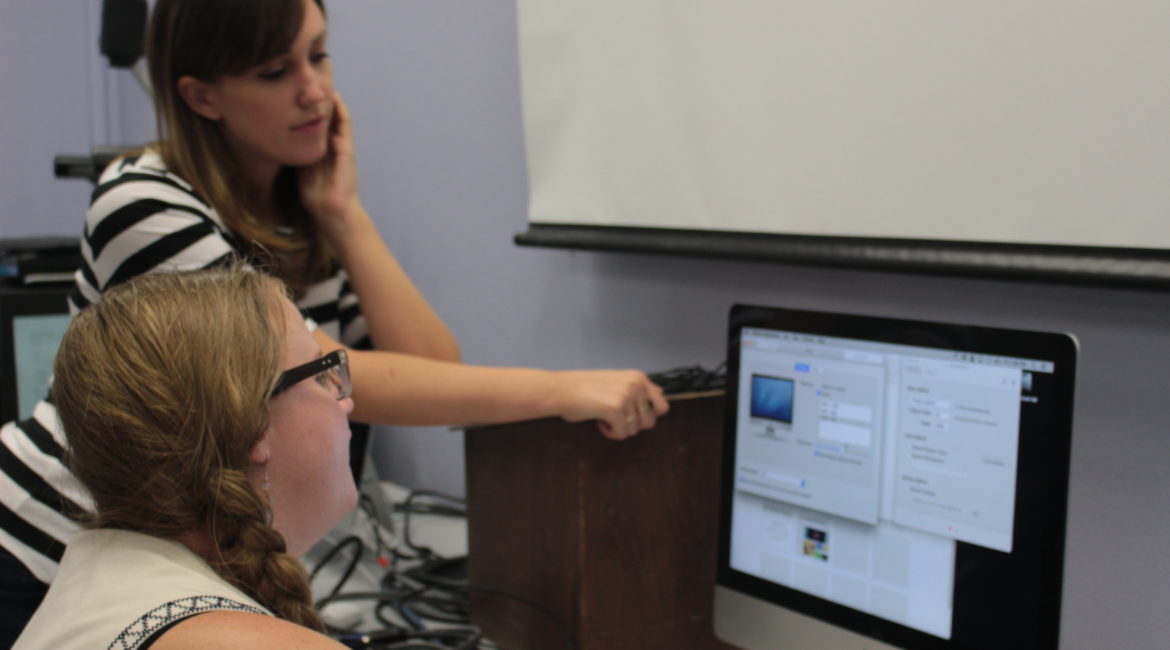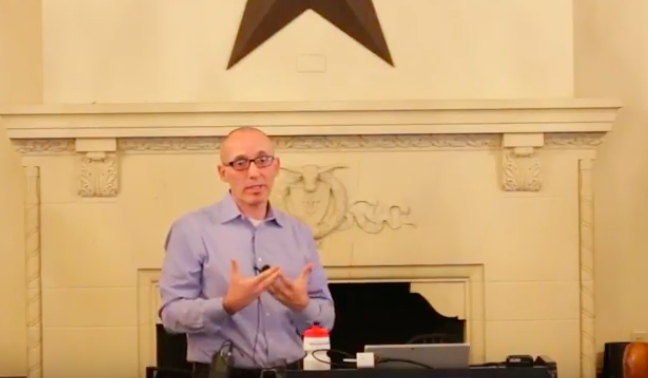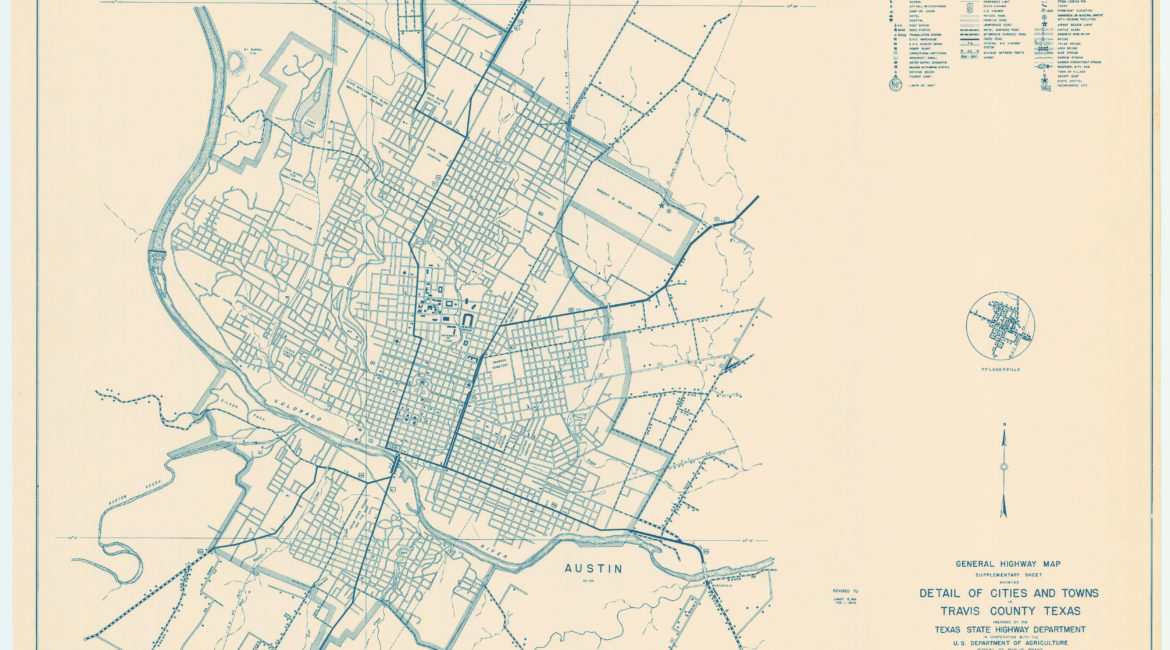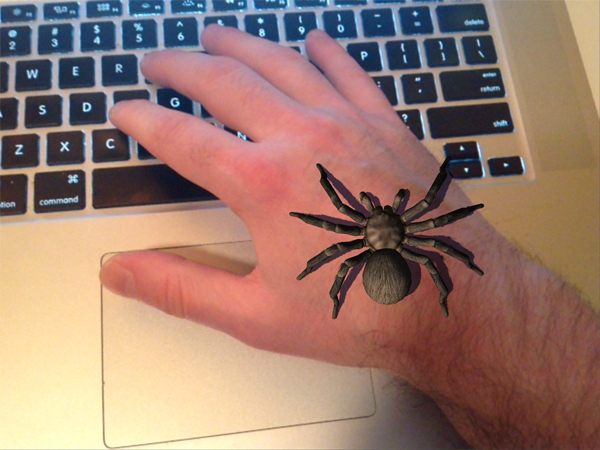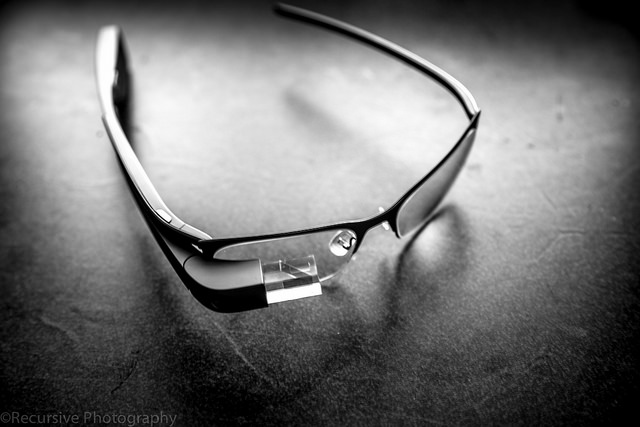At the start of each Fall semester, staffers and students affiliated with the DWRL have the opportunity to apply for Flash Fellowships. These awards provide recipients with the time, funding, and technical resources they need to accomplish a contained project related to their own research and scholarship. Assistant instructors and...
Speaker Series Recap: Professor David Rieder
For the DWRL's annual Speaker Series in April 2018, Professor Reider discussed three canons of rhetoric that he developed for the post-PC era of physical computing: transduction, allegorization, and eversion. These canons help his students make projects with microcontrollers and code. Watch the talk here:
We Need to Talk About Credibility
Last week I hid someone from my Facebook news feed. We’ve all done it, and I’m sure people have done it to me. I was tired of seeing things that I found obnoxious or insipid or offensive or false or all of the above, and rather than unfriend them, I...
The Art (and Rhetoric) of Trolling
Matt Breece, a graduate student in Rhetoric, has been teaching the Rhetoric of Trolling for two semesters, accidentally becoming a trolling expert. I talked to him about his course, which he is teaching this semester in one of our DWRL classrooms. --Interview transcription-- Sarah Welsh: Hi Matt Matthew Breece: Hi...
Lesson Plan: Data Collection and Database Rhetorics
[cs_content][cs_section parallax="false" style="margin: 0px;padding: 50px 0px 10px;"][cs_row inner_container="true" marginless_columns="false" style="margin: 0px auto;padding: 0px;"][cs_column fade="false" fade_animation="in" fade_animation_offset="45px" fade_duration="750" type="1/1" style="padding: 0px;"][x_image type="none" src="http://www.dwrl.utexas.edu/wp-content/uploads/2016/10/12210424505_2da556e2df_z.jpg" alt="A mystery scatter plot demonstrating how data doesn't make sense without context; a large number of colored dots arranged in vertical lines, with no axes, key or labels"...
Using Raugmenter to Map the 1966 Tower Shooting
If you wanted to design an augmented reality app, but didn’t have programming expertise, what would you do? Last fall, two graduate students, Felipe Cruz (now, Dr. Cruz), Keith Leisner, and Deb Streusand began working on Raugmenter in the DWRL. This tool was designed to make the augmented reality platform LayAR...
Paper Maps and Locative Media
[cs_content][cs_section parallax="false" style="margin: 0px;padding: 45px 0px;"][cs_row inner_container="true" marginless_columns="false" style="margin: 0px auto;padding: 0px;"][cs_column fade="false" fade_animation="in" fade_animation_offset="45px" fade_duration="750" type="1/1" style="padding: 0px;"][x_blockquote cite="Rebecca Solnit" type="left"]“One does not get lost but loses oneself, with the implication that it is a conscious choice, a chosen surrender, a psychic state achievable through geography.”[/x_blockquote][cs_text] People have told...
Augmented Reality: Just Another Marketing Tool?
A lot of the augmented reality apps that are out there right now, though they have the potential to profoundly shape the human experience, are very well-suited for advertising. According to some, this isn’t an accident. (more…)
Anxiety? There’s an App for That
My students often have to give presentations at the end of the semester, and public speaking is something that genuinely terrifies a lot of people. In addition to building a supportive, low-judgment environment, I try to give them a few tips for public speaking and how to approach it with...
Does Augmented Reality Diminish our Humanity?
Augmented reality, still in the nascent stages of technological development but quickly gaining traction, attempts to alter the way we interact with the world as we know it. Ideally, devices and apps that help to “augment” our reality will help us accomplish tasks that we wouldn't be able to accomplish otherwise....


